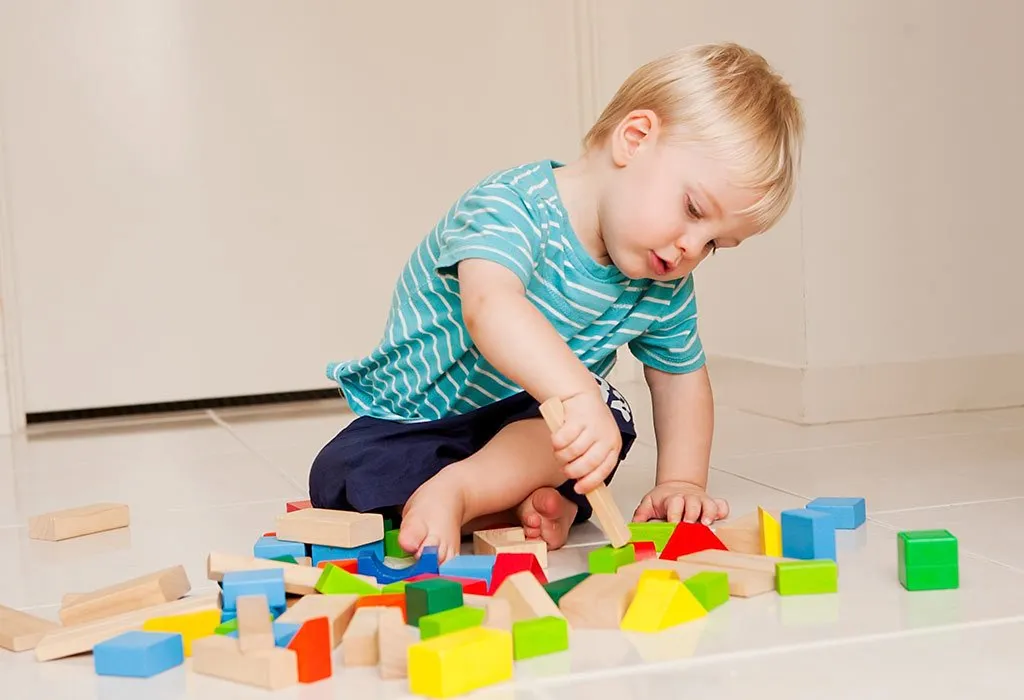25–30 Month Toddler Development Checklist: Growing Minds, Expanding Vocabulary, and Emerging Independence
25–30 Month Toddler Development Checklist: Growing Minds, Expanding Vocabulary, and Emerging Independence
From 25 to 30 months, toddlers begin to exhibit more complex thinking, stronger emotional responses, and significantly expanded language skills. This age is filled with curiosity, big emotions, and growing confidence as toddlers strive for independence while still needing the comfort of caregivers. In this SEO-optimized blog post, we’ll guide you through a detailed developmental checklist for 25–30 month-olds, helping you support their learning and growth.
Why 25–30 Months Is a Key Stage
This stage bridges babyhood and early childhood. Children at this age are discovering their voice, testing boundaries, and learning how to interact with the world around them. Their memory and problem-solving skills are improving rapidly, making this a critical period for laying the groundwork for preschool learning.
Developmental Checklist for 25–30 Month-Olds
1. Physical Growth & Motor Skills
-
Runs with more coordination and control
-
Begins jumping off low surfaces and climbing with purpose
-
Walks up and down stairs with alternating feet (may still need assistance)
-
Builds towers of 6 or more blocks
-
Uses a spoon and cup with little spilling
-
Begins to show hand preference
2. Cognitive Development
-
Understands simple time concepts (e.g., soon, later)
-
Matches shapes and colors accurately
-
Follows two-step directions (e.g., “Pick up the toy and put it in the basket”)
-
Shows interest in how things work
-
Plays with toys in a purposeful and imaginative way
3. Social & Emotional Growth
-
Begins to play cooperatively with other children
-
Shows defiance as part of asserting independence (e.g., saying “no” frequently)
-
Starts to express a wider range of emotions
-
May have frequent mood changes or tantrums
-
Develops stronger attachments to caregivers and may show anxiety when separated
4. Communication & Language
-
Vocabulary grows rapidly (50–100+ words)
-
Begins using three-word sentences (e.g., “I want cookie”)
-
Understands and asks simple questions (e.g., “What’s that?”)
-
Refers to self by name and may start using “I,” “me,” or “mine”
-
Enjoys listening to stories and may request favorites repeatedly
Red Flags to Watch For
Talk to your pediatrician if your toddler:
-
Doesn’t use at least 50 words by 30 months
-
Isn’t forming simple two- to three-word phrases
-
Has difficulty with mobility (e.g., cannot run or climb)
-
Doesn’t show interest in other children or social interaction
-
Displays little curiosity or doesn’t engage in pretend play
How Parents Can Support Development
-
Talk Constantly: Describe activities, name objects, and ask questions
-
Encourage Choice-Making: Offer simple options to empower independence
-
Read Together Daily: Choose books with repetition, rhyme, and simple storylines
-
Create a Predictable Routine: Helps toddlers feel safe and reduces tantrums
-
Provide Safe Spaces for Exploration: Support gross and fine motor development
Final Thoughts
The 25–30 month stage is a time of blossoming independence, emotional growth, and cognitive leaps. Embrace your toddler’s curiosity and energy while guiding them with patience and consistency. Each step, word, and choice they make brings them closer to becoming confident, capable young learners.
Support your toddler’s next leap—through language, love, and learning every step of the way.
Amazon best seller





Comments